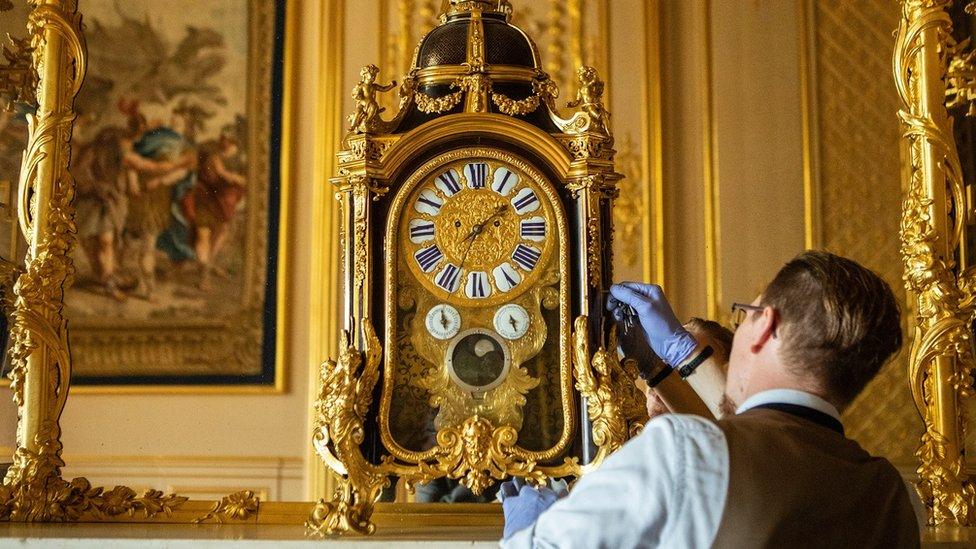Antique clock repairs at risk due to expert shortage
- Published
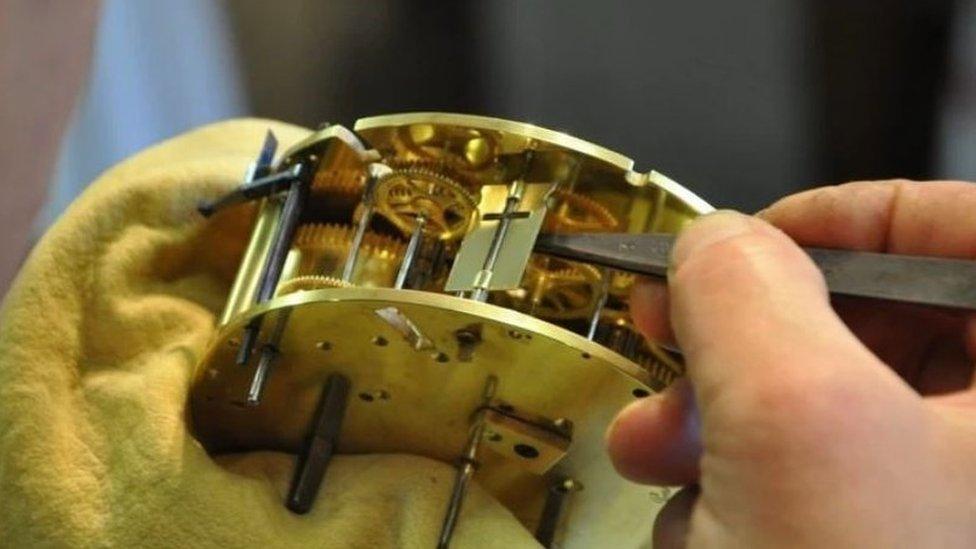
Not enough young people are coming into the profession, leaving its future at risk
An antique clock restorer has warned of a "dire" shortage of experts in the craft as so many are reaching retirement age.
Clockmaking is now on the Red List of Endangered Crafts, drawn up by the Heritage Crafts Association (HCA).
Mark Sampson, a clock repairer based in Gloucestershire, said young people are no longer coming into the profession.
It will become more difficult in the next 30-40 years to get clocks, both modern and antique, repaired, he said.
There are now only two training colleges offering horology courses in England; West Dean College, Sussex, and the School of Jewellery, Birmingham.
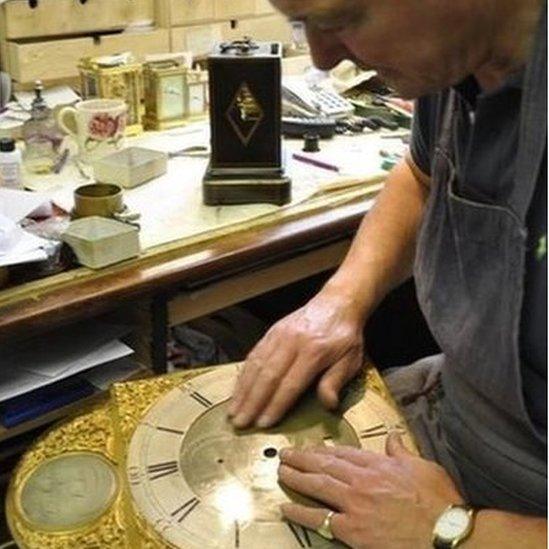
There are only two training colleges in England offering Horology courses
Mr Sampson said: "It takes a long time to train. You have to study absolutely everything from the history of the very first clocks.
"One problem is that not many youngsters think of doing it because they are not familiar with mechanical objects.
"If people are interested in mechanical things, they are likely to be interested in clocks," he added.
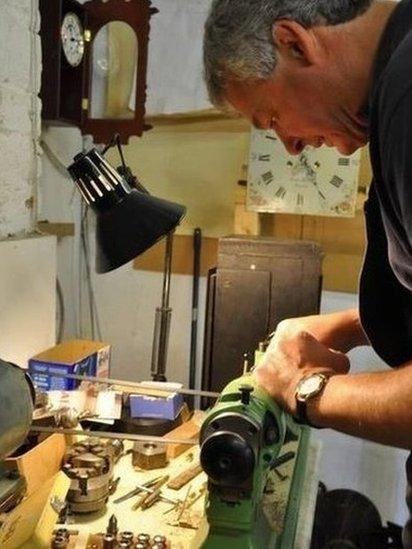
There are only about 250 makers and restorers left in Britain
Most customers to his shop are over 60. Many travel from places such as Bristol, Bath and Evesham.
"Young people don't have antique clocks unless they've inherited them, so the majority are unaware that it is still a relevant career," he explained.
People entering the business are often doing it as a second career, but Mr Sampson said: "They simply don't have the dexterity of an 18-year-old."
The HCA said there are only about 250 makers and restorers left in Britain with more specialists retiring than entering the profession.
Mr Sampson added: "I will keep going for another ten years unless I lose a skill such as my eyesight. The craft is certainly endangered. We are all near retirement."
Other heritage skills also feature on the HCA Red List of Endangered Crafts.
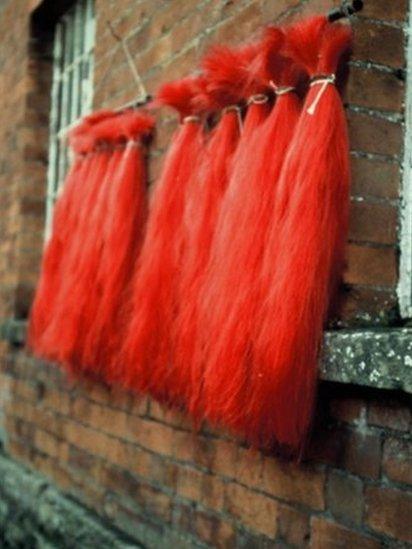
The hair is cut from the tails of working horses
John Boyd Textiles, based in Castle Cary, Somerset, manufactures horsehair fabric, which is traditionally used for upholstery.
The 12 staff use the original looms dating from 1870 to weave hair cut from the tails of working horses.
Manging Director, Anna Smith, said: "We are one of only two manufacturers of horsehair fabric in the world, the other is in France. But it has been like that for 50-100 years.
"We are on the red list because of the uniqueness of what we do, not because we believe the craft is endangered," She added.
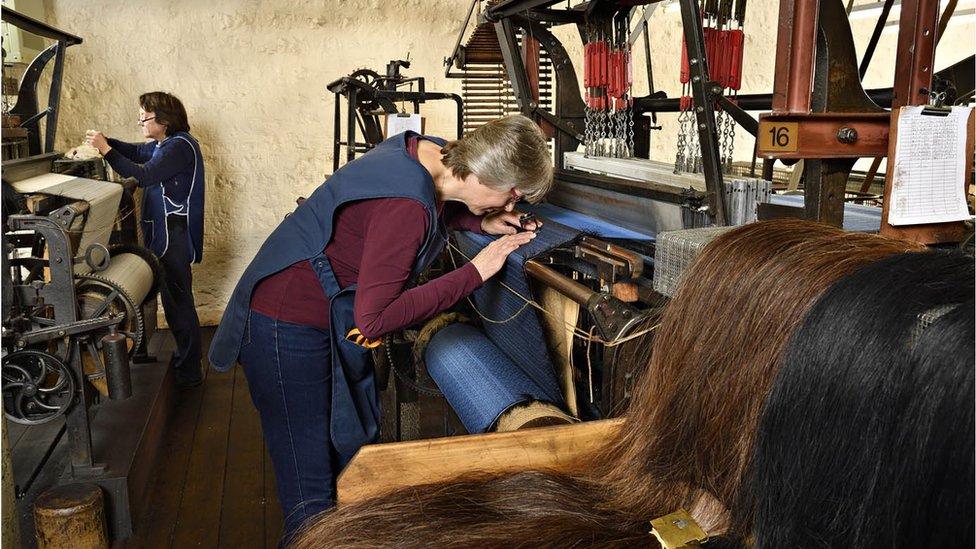
There are only two horsehair manufacturers left in the world
"We make sure as staff retire that we bring in and train new people, so that there is a handover of skills.
"Staff are multi-skilled in weaving, warping, and all the other processes, and very much work as a team."
Horsehair fabric is used in the repair of antique furniture, and for reproduction pieces.
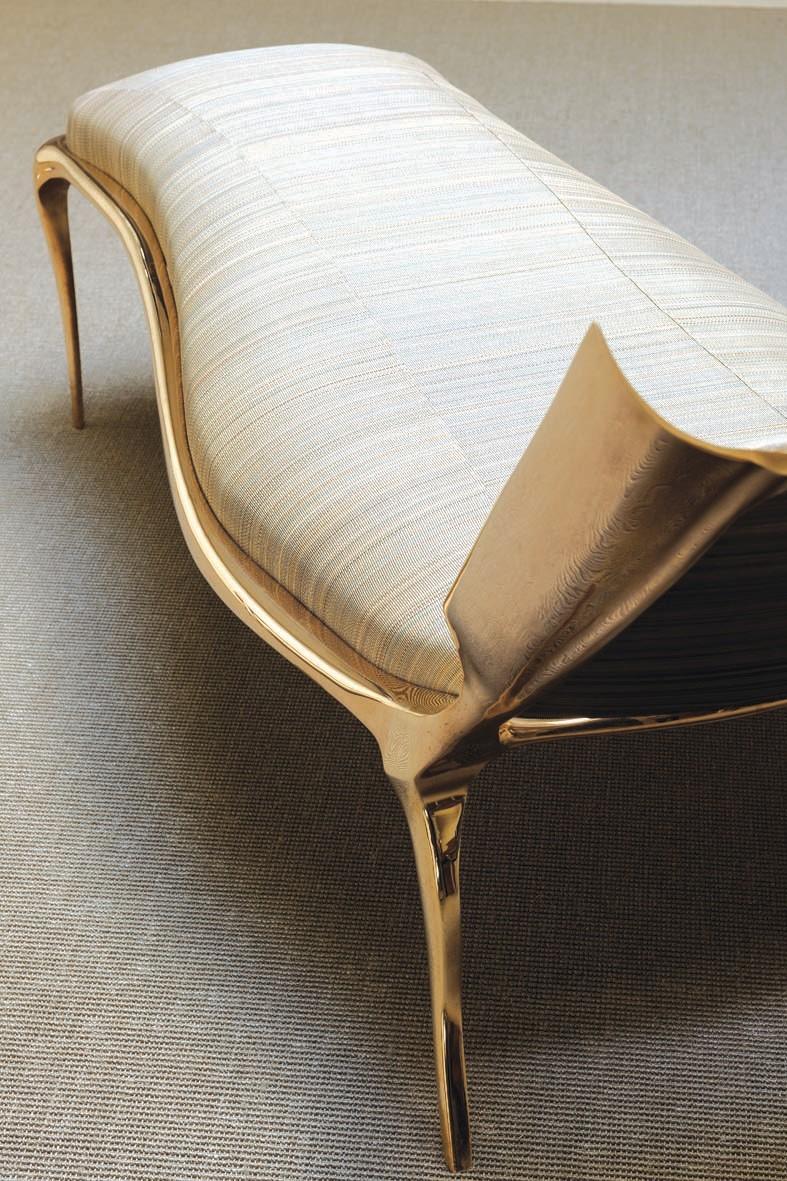
Horsehair has traditionally been used to upholster furniture
"We are constantly seeking new customers, rather than relying on the antiques trade." said Mrs Smith.
The material is now also used widely in contemporary settings.
"Horsehair passes the acoustic tests so can be used to cover walls in cinemas or music studios. It is also increasingly used in the fashion industry." said Mrs Smith.
The company exports the product all over the world, particularly to markets in Europe and America.
"The longevity of the company, the market and our skills are very important to us. We're always looking at how we can make sure we keep going for another 100 years." added Mrs Smith.
Other age-old crafts currently on the HCA Red List include wheelwrighting and the making of compasses, glass eyes and sporrans.

Follow BBC West on Facebook, Twitter and Instagram. Send your story ideas to: bristol@bbc.co.uk
Related topics
- Published17 February 2020
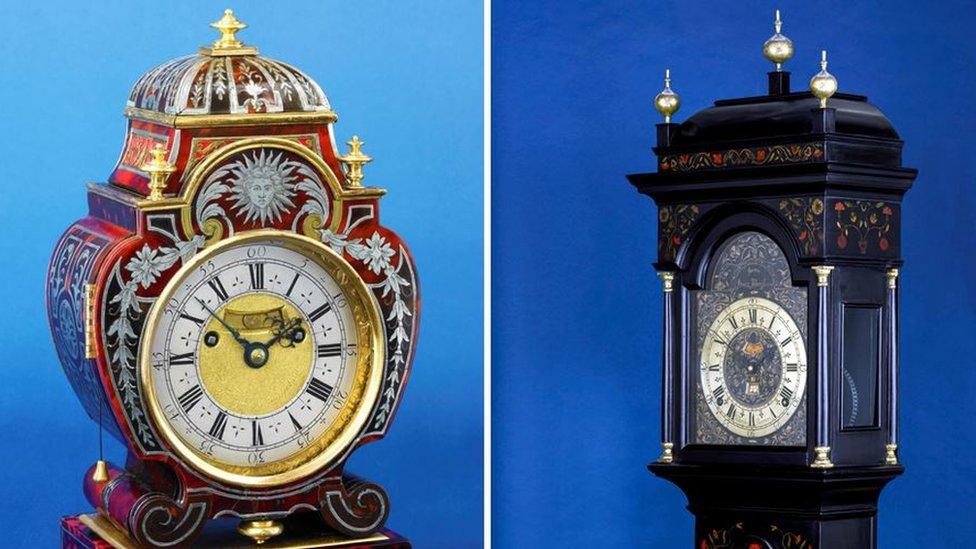
- Published5 August 2020
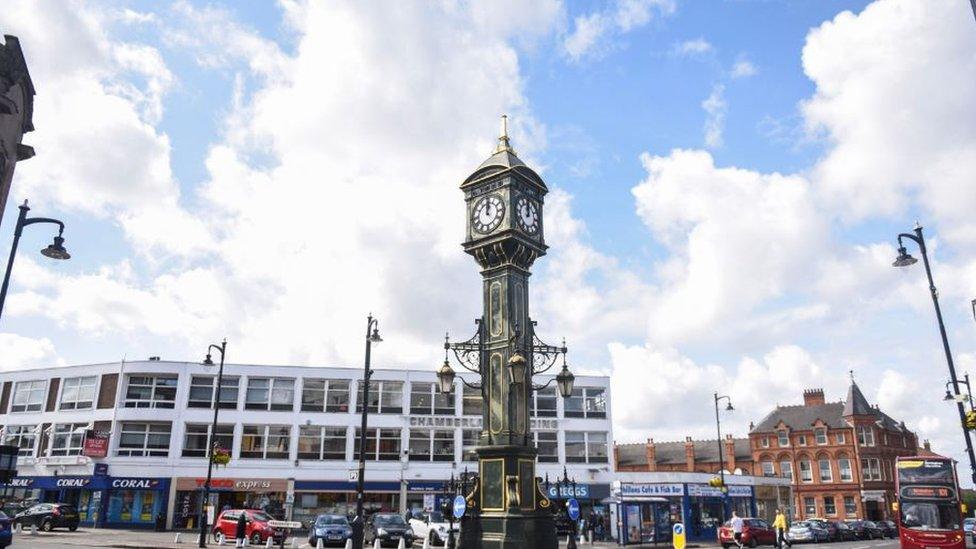
- Published24 October 2020
